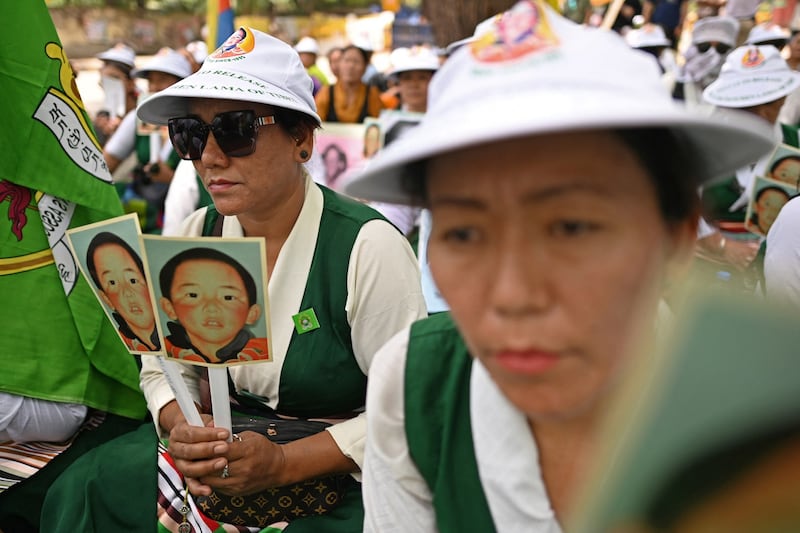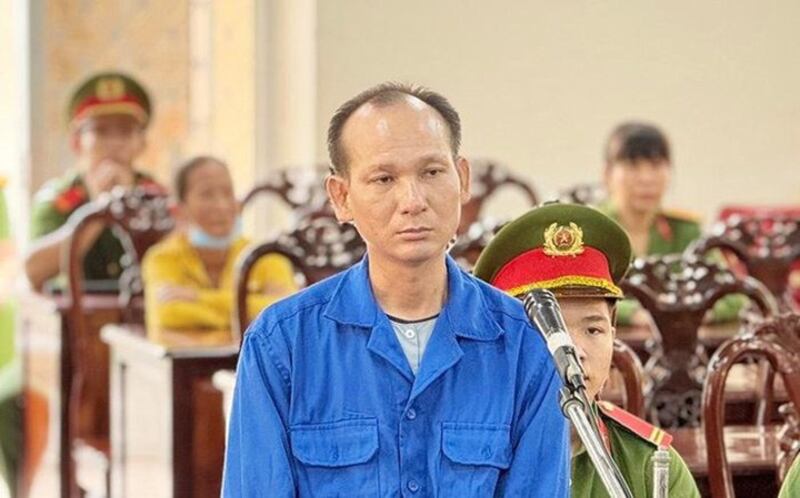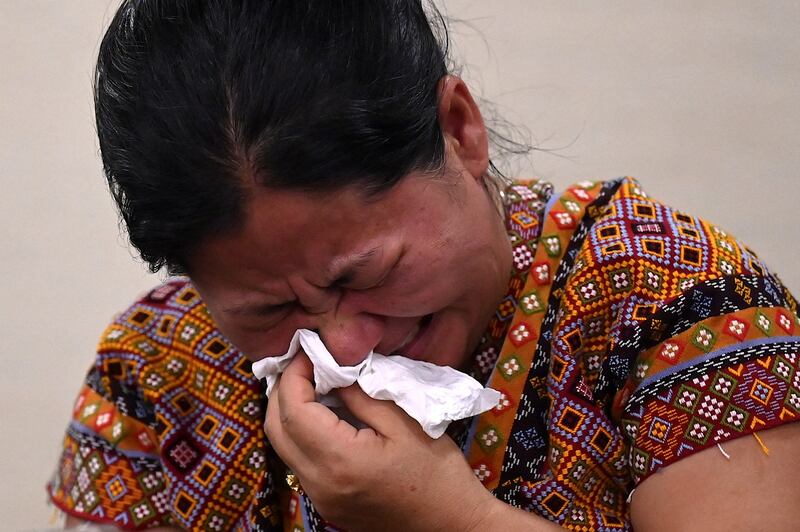The disregard of human rights by many governments in pursuit of short-term strategic goals is “emboldening” abusive regimes around the world and contributing to global instability in the long term, this year’s annual world report by Human Rights Watch says.
Released on Thursday at a press conference in New York, the 2024 report says many governments that could “play a role in helping to improve human rights” instead “frequently adopt double standards” and thereby undermine the role of human rights in foreign policy.
This inconsistency “weakens the belief in the universality of human rights and the legitimacy of the laws designed to protect them,” the report says, and “chips away at trust” in global rights institutions.
It points to countries “vocal in condemning Israeli government war crimes against civilians in Gaza but silent about Chinese government crimes against humanity in Xinjiang” or that “demand international prosecution for Russian war crimes in Ukraine while undermining accountability for past U.S. abuses in Afghanistan.”

The double standards “embolden human rights abusers,” said HRW Executive Director Tirana Hassan at the press conference on Thursday, adding that the selective sacrifice of rights concerns by governments was “picking up momentum” at the worst possible time.
“It sends a message that some lives are worth more than others, and that narrative is being seized on by nefarious actors,” Hassan said. “In particular, we see that China and Russia are using this narrative to tear apart the fragile human rights system and weaken the system.”
“We need to see in 2024 … an end to the kind of selective outrage that we're seeing, and a more consistent approach,” she said.
Trade-offs
Governments across the world are criticized in the 2024 report for ignoring human rights to achieve short-term their foreign policy objectives. But it saves some of the most jarring criticism for countries silent on abuses in China in exchange for access to its largesse.
“Trade-offs on human rights in the name of politics are clear when many governments fail to speak out about the Chinese government’s intensifying repression, the arbitrary detention of human rights defenders, and its tightening control over civil society, media, and the internet, especially in Xinjiang and Tibet,” the report says.
China’s treatment of the Uyghur minority in the country’s far-west, it adds, constitutes crimes against humanity, “yet many governments, including in predominantly Muslim countries, stay silent.”
But it does not shy away from direct criticism of the West.
U.S. President Joe Biden, who came to office pledging a foreign policy that focuses on human rights, “has shown little appetite to hold responsible human rights abusers who are key to his domestic agenda or are seen as bulwarks to China,” the report says.
Hassan noted on Thursday that countries like Saudi Arabia, India and Egypt, for instance, “have violated the rights of their people on a massive scale, yet have deepened their ties with the United States.”
“Leaders of Vietnam, the Philippines and India, and other nations the U.S. wants as counterweights to China, have been feted at the White House despite horrendous human rights records at home,” she said.

The same double standards were apparent, Hassan said, “in the European Union's efforts to circumvent its human rights obligations to asylum seekers and migrants – especially those from Africa and the Middle East, striking deals with abusive governments like Libya, Turkey and Tunisia to keep migrants out of the European bloc.”
Long-term instability
The report notes that the increased willingness of normally rights-supporting countries to seek “short-term, politically expedient ‘solutions’” to foreign-policy problems is diluting rights norms that are “beneficial for security, trade, energy, and migration in the long term.”
“Choosing transactional diplomacy carries a human cost that is paid not only within, but increasingly beyond, borders,” it says, because sustained rights abuses are often precursors to greater instability.
John Sifton, the head of Asia advocacy at HRW, said an example was China’s use of its influence “to undermine efforts to investigate and seek justice for human rights” in abusive regimes like North Korea and Myanmar, allowing both states to grow into regional problems.
He said Beijing undermined efforts at the U.N. Human Rights Council to seek justice on North Korea and Myanmar” and had stopped measures aimed at accountability against both regimes in the U.N. Security Council, leaving the world unable to deal with either state.

“They've sought to strip funding from key U.N. mechanisms set up to investigate and seek accountability for abuses in countries around the world,” he said. “They’ve failed in some of these respects, but they too often succeed. And that's a record that deserves attention as well.”
By contrast, a world where rights were more universally applied by governments would place a stronger spotlight on any abusers and encourage more “thriving, peaceful and inclusive societies,” said Lama Fakih, the head of HRW’s Middle East and North Africa division.
“It can take courage to act in defense of human rights, but the alternative is to brave the trajectory of selective or noncompliance with these principles,” Fakih said. “If we've learned anything in 2023, it is just how devastating that trajectory is.”
Edited by Malcolm Foster.
